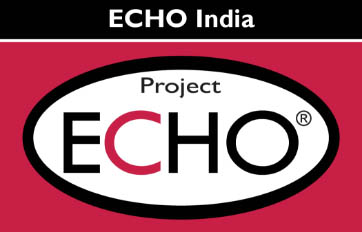Equitable access to quality healthcare is one of the most dynamic challenges of the world. The Covid-19 pandemic showed the world that healthcare needs to deliver not only to those who have the means for it, but more importantly to those who lie in the margins of society and economy. Well-trained and skilled nurses can be the key step to overcoming this difference in access, and catalyse the process towards strengthening the system of healthcare.
But why nurses?
Nurses act as the bridge between the doctor/physician and the patient, considering nurses are with the patient throughout their treatment, in the after-care procedures, and are the ones who keep regular tabs on patients. In a way, nurses are the liaison between the doctors and the patients. It’s necessary for nurses, to then be updated with the new developments made in medicine and best practices in patient care.
Continued Education for nurses is an imperative step as healthcare keeps on advancing. New diseases bring new challenges, and new opportunities to improve existing care-giving practices. To obtain, maintain, and improve the quality of health care and patient safety, it is critical to continue to grow awareness, knowledge, and experience, as well as the treatment. For example, using case-based approach to treat unique issues in a patient that require solutions going beyond the book. In the ECHO model, the provider presents a case; the case is of a patient within the provider’s care. Between teleECHO clinics, patients continue to be seen by their PCPs, who learn by doing, and providers can contact specialists about patient progress during regular teleECHO clinics. Rural patients are thus co-managed by their local provider team and distant specialists.
It's easy to see why continuing education is crucial for nurses to incorporate into their practise. The ECHO model, which harnesses the power of technology, makes the process of continuing education and case-based learning easier and more accessible to nurses, allowing them to become much more adept in their profession. While achieving universal health coverage may appear to be a difficult task, the steps taken to gradually distribute healthcare knowledge across different tiers, levels of urbanisation, and regions will aid in achieving this objective and bringing the dream of a healthier future one step closer.
